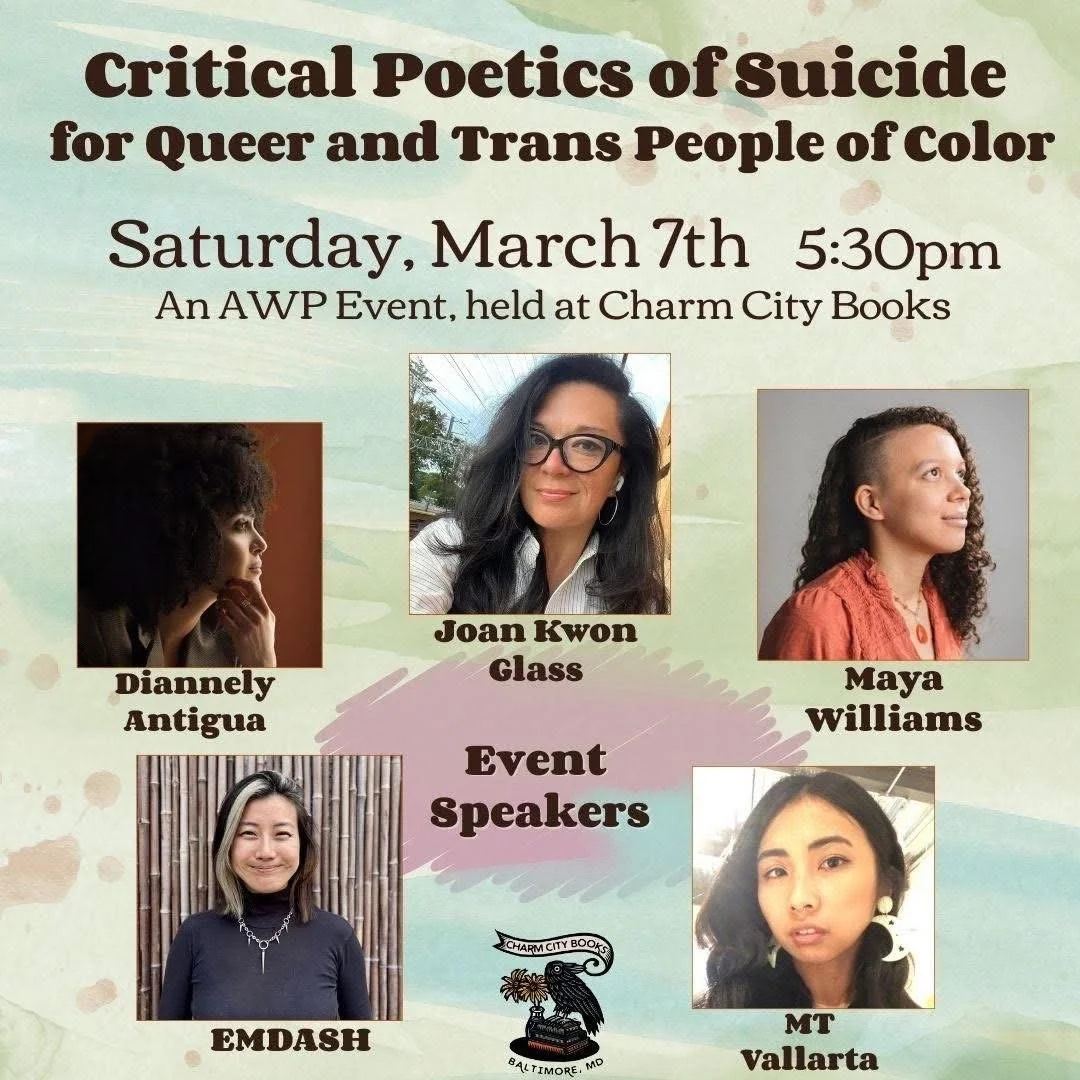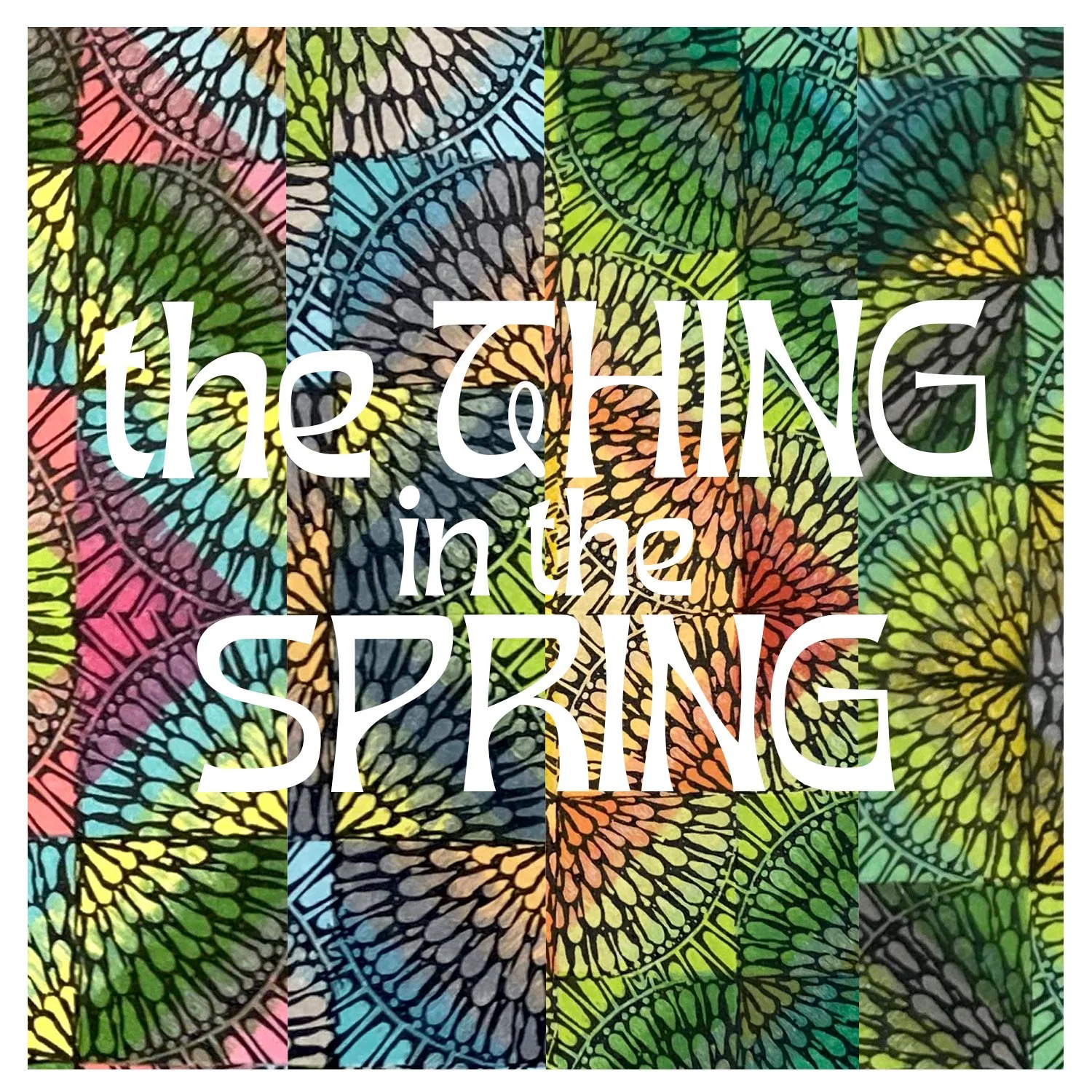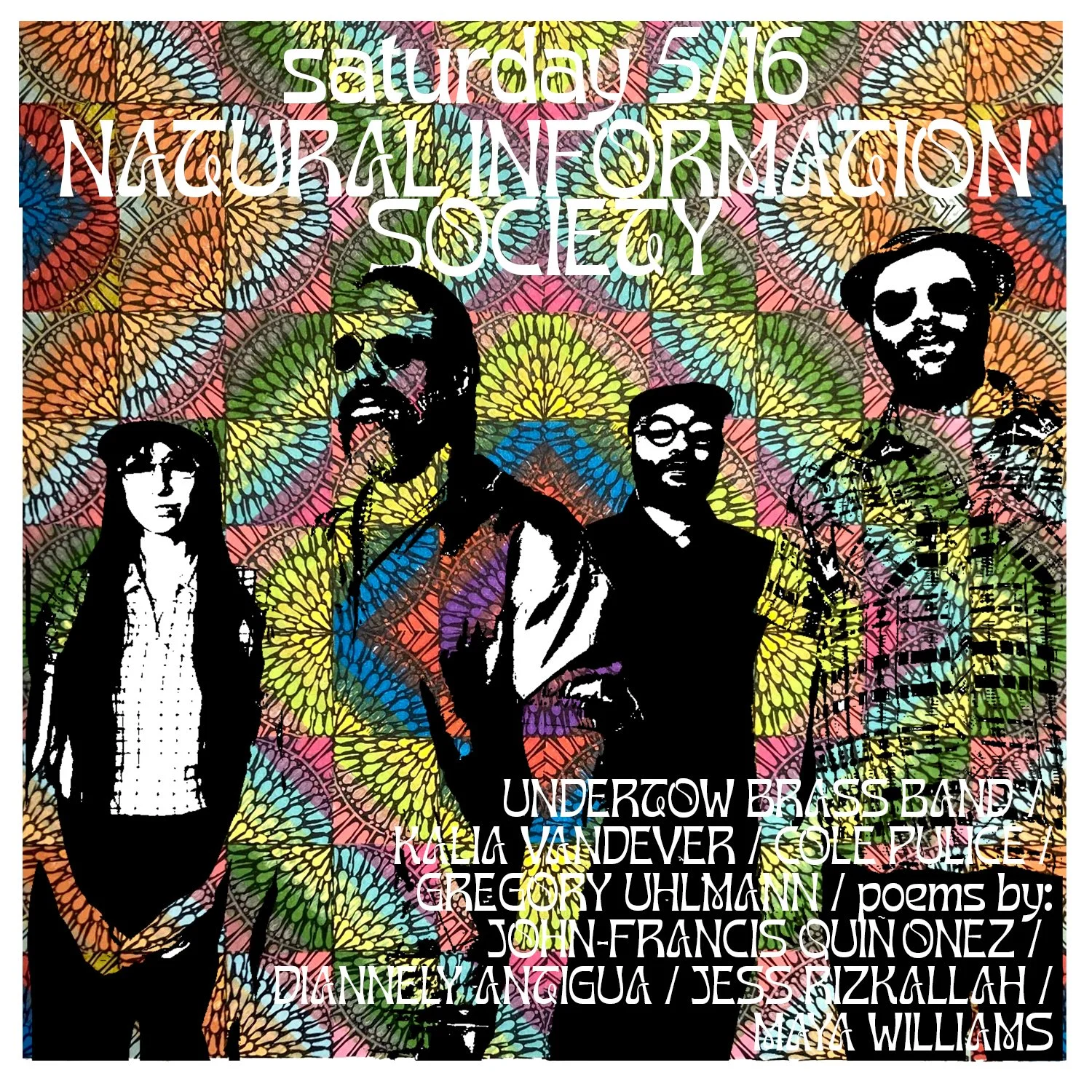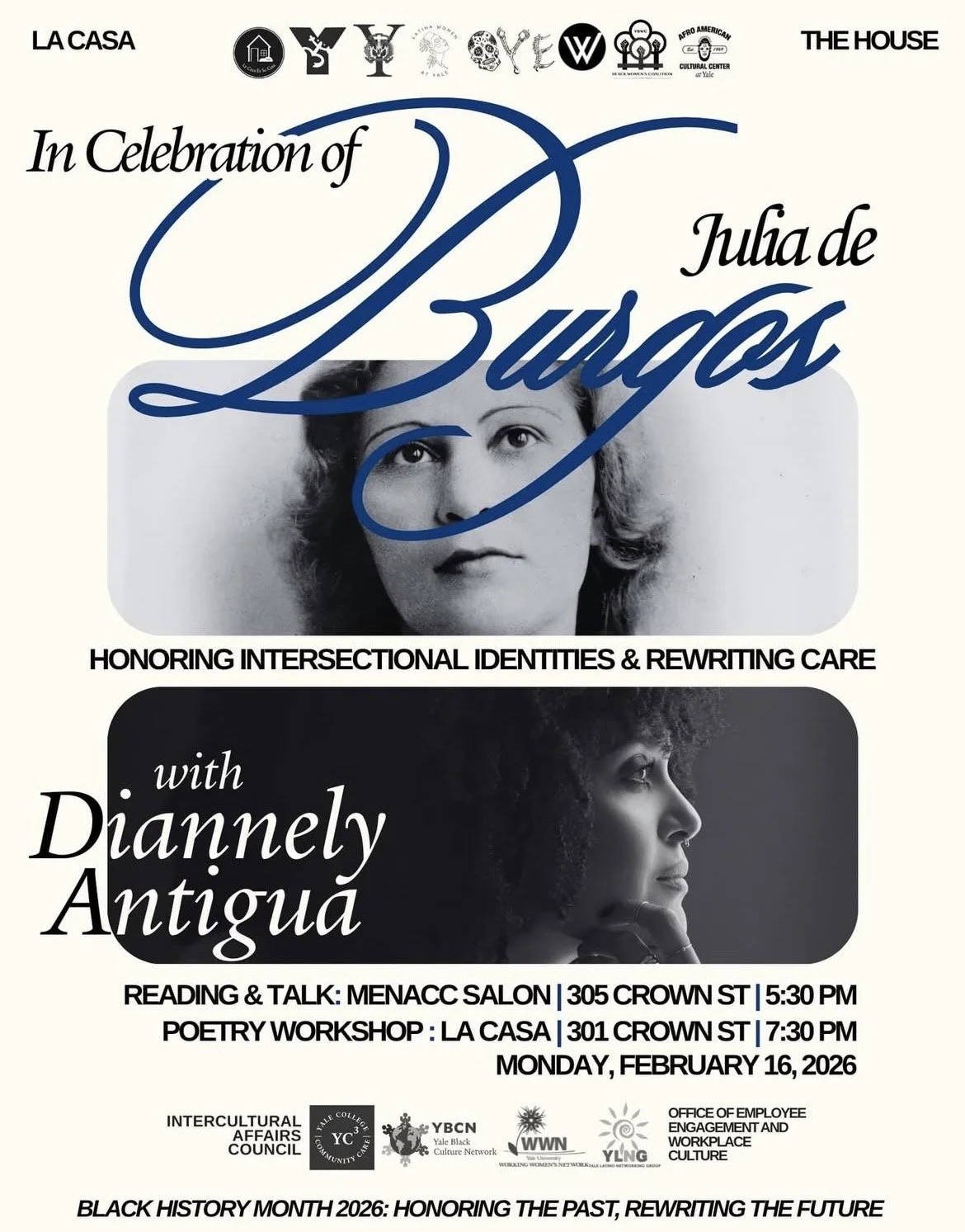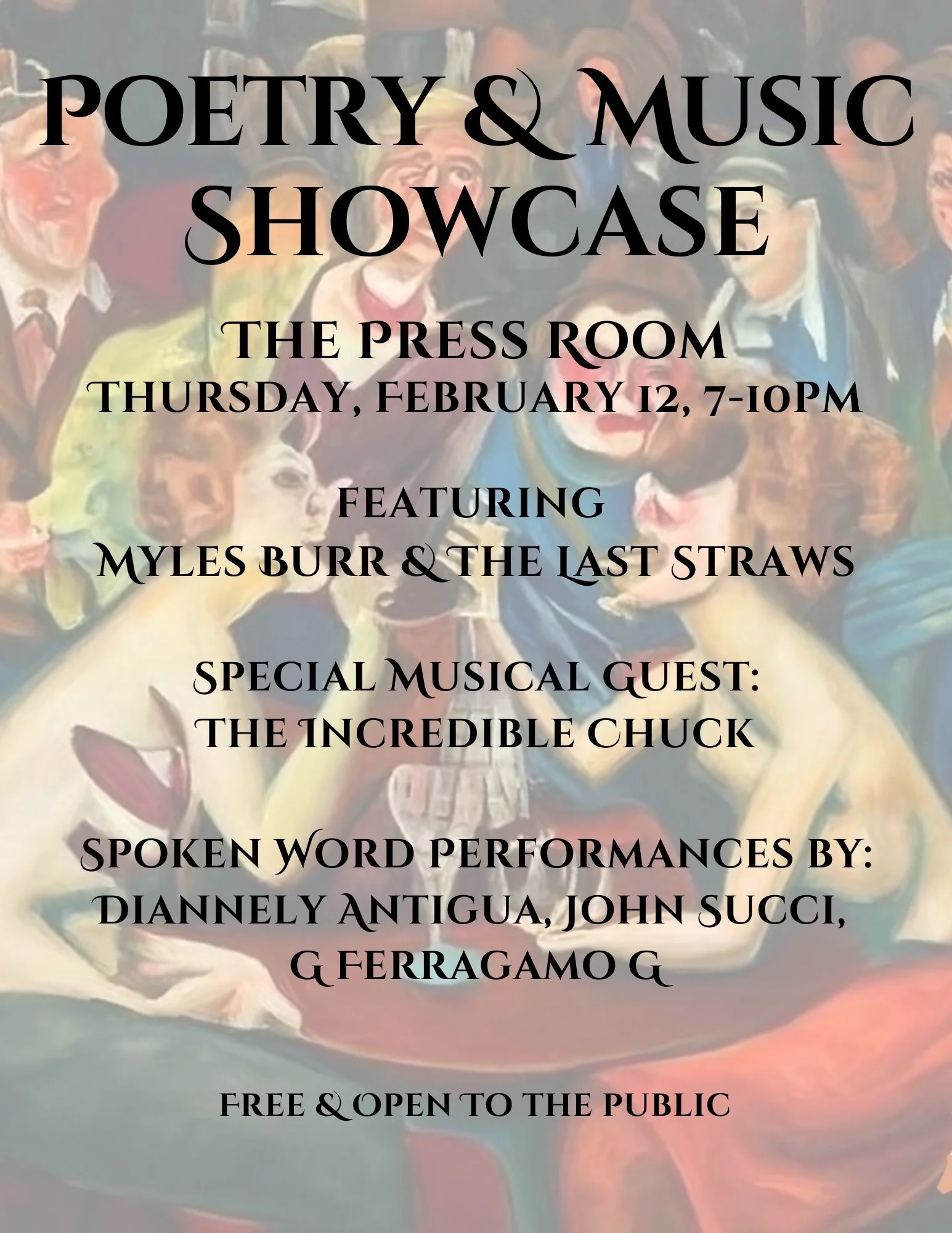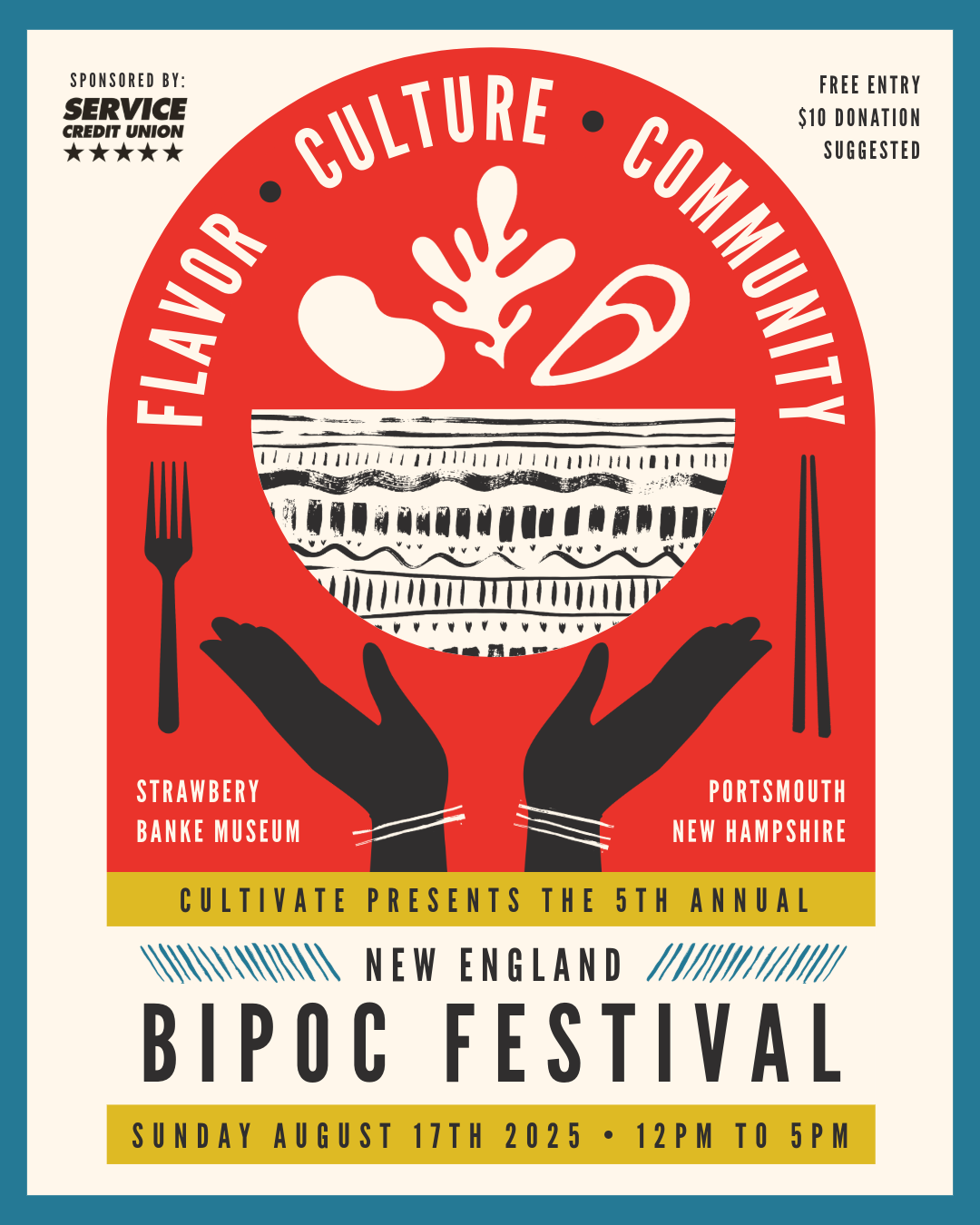How do we make sense of our suffering? World of Dew grapples with this question by embracing impermanence—the death of a loved one, the transmutation of an old belief, the adoption of a new culture. Moving from the tide pools of Maine to the streets of Hyderabad, Lindsay Stuart Hill entwines grief and awe, beauty and violence, truth and delusion. These poems form a scrapbook of missing girls, clothes drying on a line, and lingering romances. This is the world of dew—a gorgeous and fragile cosmos where we know nothing lasts, and yet we remain—questioning, dreaming, hoping.
Lindsay Stuart Hill grew up in New Hampshire and lives in Minnesota. Her poems have appeared in publications such as Poetry, The Kenyon Review, Ploughshares, The Southern Review, and Blackbird.
Praise for World of Dew:
“Hill’s poems ring with a lyrical clarity that invites us to embrace the mysteries of everyday life.
These are poems to live in and to get lost in and, if you are patient and lucky, to never quite find
your way out of. Gentle, honest, and unstintingly truthful, this is a beautiful and life-affirming
book.”—Ronald Wallace, judge, Brittingham Prize in Poetry
“A tender and meditative collection, exploring joy, grief, loss, and wonder in sharp-eyed poems
filled with grace. One can feel the poet’s wise gaze fall over these pages, lighting the natural
landscape of Hill’s mind in all its enlightened awe.”—Safiya Sinclair
“In this remarkable collection, traveling can be an outward journey, an inner one, and sometimes
both at the same time. The best poems here nourish the reader in deeply original ways. Reading
them is like drinking the purest water from a hidden spring.”—Elizabeth Spires
“What a marvelous debut! The sacred openness of each poem reveals a mind that thinks and
feels with equal lucidity.”—Gregory Orr
Diannely Antigua (she/her) is a Dominican American poet and educator born and raised in Massachusetts. Her debut collection, Ugly Music, won a 2020 Whiting Award and the Pamet River Prize. She received her MFA in Creative Writing from NYU, where she was awarded a Global Research Initiative Fellowship to Florence, Italy. She was a finalist for the 2021 Ruth Lilly and Dorothy Sargent Rosenberg Poetry Fellowship and the winner of fellowships from CantoMundo, Community of Writers, and the Academy of American Poets. Her work has appeared in the Best of the Net Anthology and has been nominated for the Pushcart Prize. She currently serves as the poet laureate of Portsmouth, NH, and is the youngest and first person of color to hold the title. As host of the Bread & Poetry podcast, she aims to make poetry more accessible to the community, interviewing poets and non-poets alike about what poetry means to them.
DATE: Mon, 12/1/2025
TIME: 7:00pm - 8:00pm
PLACE:
Water Street Bookstore, Inc.
125 Water Street
Exeter, NH 03833-2456
Book Signing

